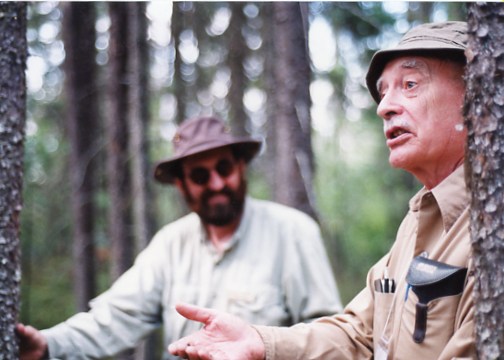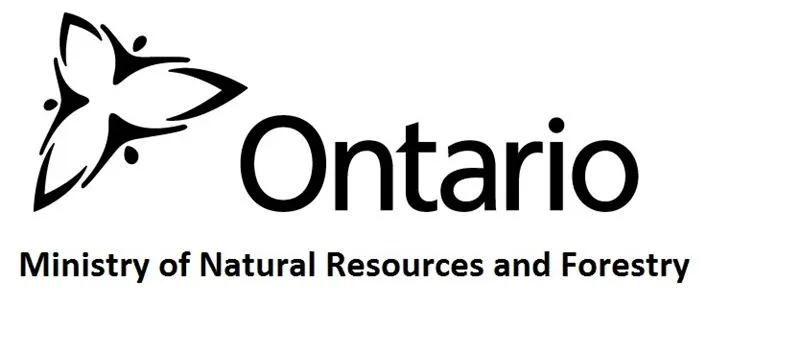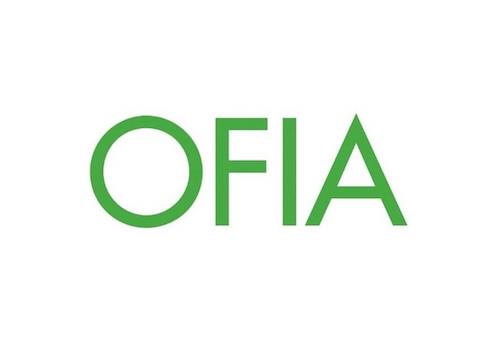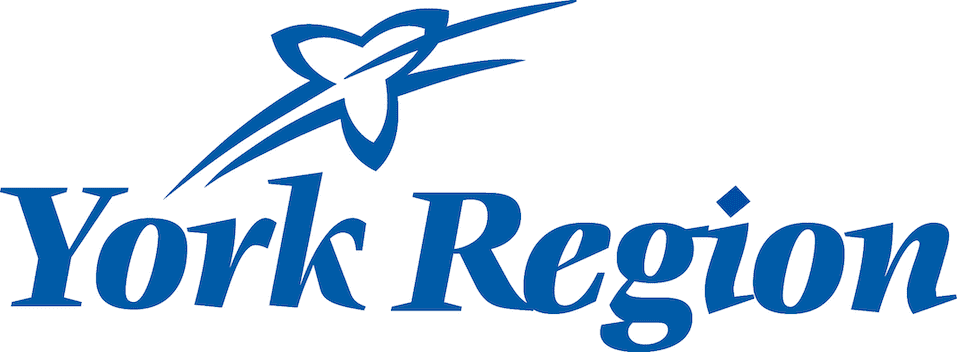From 1995 to1999 the KEY Foundation funded classroom teachers and administrators from across Canada as they attended a forest-management-information packed week in Thunder Bay hosted by Abitibi-Price and Avenor. Each of the five years the two companies hosted 24 to 30 teachers and administrators to a full seven-day in-depth look at Ontario industrial forest management. Included were four days of lectures and three days of tours including one to a Buchanan Brothers sawmill and the Avenor pulp and paper mill and a day in the bush with Avenor and another day with Abitibi-Price.
KEY, standing for Knowledge of the Environment for Youth, was a Canadian not-for-profit foundation that was financed by a group of seven different-industry associations, two other foundations, governments through Human Resources Development Canada and the Saskatchewan Green Plan plus twenty-five individual Canadian corporations including Abitibi-Price and Avenor.
KEY focused on, “Developing teacher training and classroom materials about current topics which relate to science, environmental science and social studies”. The objective that most helped KEY’s credibility with the teachers was summed up by Bob Killam, Executive Director of KEY as, “Our guiding focus at KEY is to develop balance, through speakers from many perspectives, when addressing a topic”.
Speakers at the Thunder Bay seminars were from forest industry companies, environmental activists, forestry consultants, 1st Nations, unions, Ministry of Natural Resources, Monsanto, Lakehead University, research scientists, and community groups.
Throughout the week the focus was on describing and viewing forest management as it was being practiced and responding to questions. After each year’s seminar based on teacher critiques the program for the next year was adjusted to better meet their needs. At the end of each tour teachers rated leaders on whether the tour was worthwhile, offered new information to them, it’s objectives were clear and met, would the information be helpful in their classroom, and would they recommend the presentation to other KEYsters?
Responses from teachers indicated KEY’s objective was met and their education needs were met. Most delegates followed through with personal contact via letters or phone calls after they returned home. The author of this paper remembers that after each seminar his letters sometimes filled three pages and often replied to questions that the sender didn’t feel comfortable asking where answers might be embarrassing or confidential. They received open and factual replies.
Today I look back at my involvement with Ken Armson and Neils Carl as we helped organize and participate in the KEY seminars, especially the field trips. The field trips were a highlight in my enjoyable career as a forest researcher, manager and communicator. The following quotes from delegates in their evaluations were common among those of Neils, who led Avenor’s tours, and of Ken and me who led Abitibi-Price’s tours, “I felt Mac answered all the questions that were raised. I felt he did so honestly and with integrity”, and “All (questions) handled extremely well by Mac and others (eg Ken Armson+ Avenor’s forester!)”.
